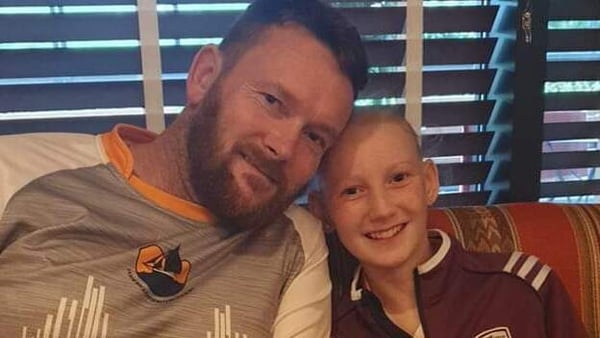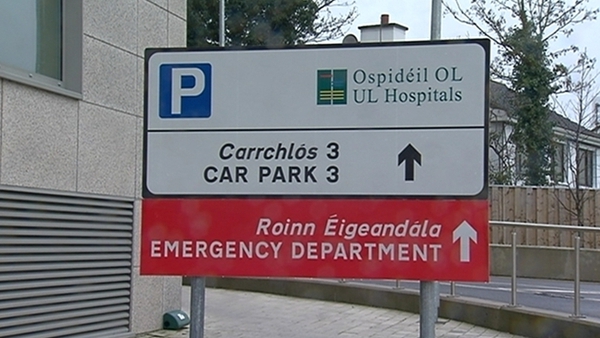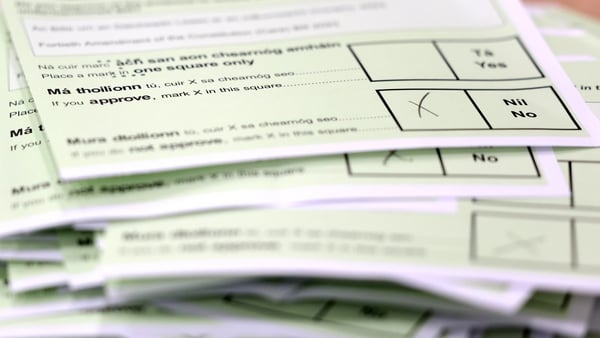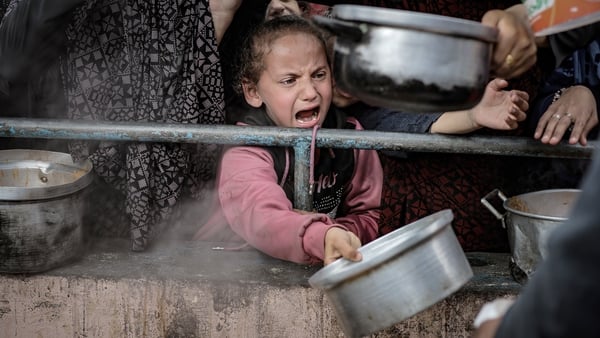The cost-of-living crisis is pushing more people to seek one-off payments from the Government when they cannot pay bills or put food on the table.
The Government has made almost 66,000 exceptional once-off payments totalling almost €40m to people struggling to make ends meet since the start of this year.
New figures from the Department of Social Protection show 65,916 Exceptional and Urgent Needs Payments were made between January and September of this year. Figures show that 8,920 claims for these types of payments were rejected in the same period.
In comparison, 41,260 payments were made between January and September 2021 - a rise of 37%.
This means over €8m more was spent on these types of payments by Government to struggling people and families between January to September 2022, when compared to the same nine months the previous year.
The figures show €31,646,674 was paid 2021, while €39,798,659 was paid in 2022.
Exceptional Needs Payments (ENP) and Urgent Needs Payments (UNP) – also called Additional Needs Payments - are single payments from the Government to help people when they cannot meet essential expenses from their income.
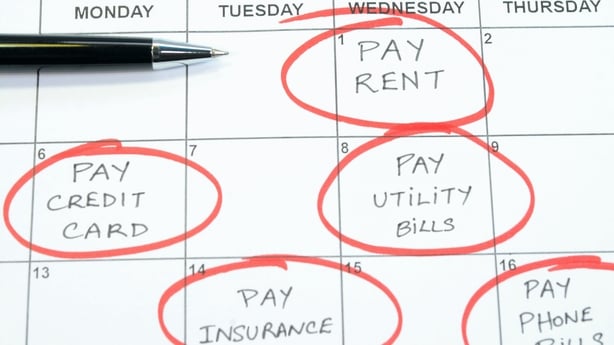
The payments cover bills including heating and food, child-related expenses, clothing and funeral expenses. They also cover housing expenses, including repairs, rent deposits, bedding and illness.
In total, €81m has been spent in ENP and UNP payments since January 2021.
The biggest ENP increase was for clothing. There were 27,319 payments made to the end of September this year, compared to 6,089 for the same period in 2021. Over €3.2m more was spent.
The Department of Social Protection told RTÉ's Morning Ireland programme that "increased assistance has also been provided with the cost of clothing to help those fleeing the conflict in Ukraine".
In the housing ENP category, €23m and €24m was spent for the same periods in 2021 and 2022 respectively.
The number of people getting bills paid increase from 1,263 to 2,183.
The figures show €914,627 and €1,298,388 was spent for the same periods from January to September last year and this year.
We need your consent to load this rte-player contentWe use rte-player to manage extra content that can set cookies on your device and collect data about your activity. Please review their details and accept them to load the content.Manage Preferences
They were obtained in a response to a written parliamentary question by Labour’s Social Protection spokesperson Sean Sherlock.
The Cork East Labour TD told Morning Ireland the increases are only the tip of the iceberg.
"We certainly are dealing with a lot more people, working people in particular, who are coming to us making queries about whether or not they would be eligible for an exceptional needs payment or an additional needs payment. We are fielding a lot more queries in that regard," he said.
Marie Finney, an outreach worker with the North West Simon Community, told the programme there is a growing number of people applying for ENPs.
"People are looking for a wide range of assistance for household items. Given the change in the economy and how things have actually gone up like the petrol, the food, the oil, the fuel in particular and we have not even hit a cold spell yet," she said.
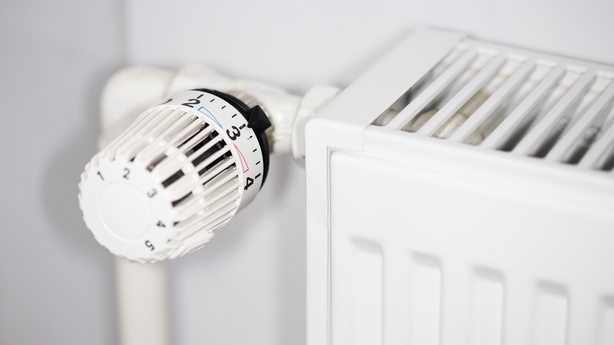
Ms Finney added that she expected a bigger rise in the numbers of people getting additional needs payments over the coming months. She was not surprise by the increase in the number of ENP payments made.
"I actually thought that it would be more than that. I would expect it to go up steadily over the next four, five or six months," she said.
The Department of Social Protection confirmed that 63% of ENP and UNP applications take up to four weeks to process. Mr Sherlock said four-week delays were affecting families in need of immediate help.
He blamed the centralisation of services and less direct contact with Community Welfare Officers for causing delays in additional needs payments.
"The delay in processing queries … this is as a result of the fact that the Department has centralised the decision making process where it has created regional hubs. Before you could go to your local community welfare officer in your local town or on a satellite clinic and you could meet with the community welfare officer if there was a delay in the process.
"The centralising of the service and the creation of these hubs is causing an undue delay in processing the payments," he said.
"There was a time when these waiting times would have been days. You would have met with your community welfare officer in the local office and payments could be processed within hours or certainly within a week.
"That’s now no longer happening because that service has been taken away and it has been centralised," he said.
Mr Sherlock explained that the applicant now has to go through a regional process.
"You have to phone the freephone number. You are not meeting with anybody. There has been a policy shift within the department. So, if you are waiting for an urgent needs payment that is time critical, if it is relating to food for example, the delay in processing the claims is having a massive effect on families. We are witnessing that firsthand."
He also said that a more time efficient system needs to be introduced to cut the length of time for processing payments.
"I think they need to go back to a system whereby if someone wishes to meet with the community welfare officer that they should have that facility to be able to do so because that would shorten the length of time that it takes to process an individual payment."
Meanwhile, Ms Finney said in Leitrim, the area in which she works, waiting times are between ten days and two weeks.
"Ten days to two weeks is normal here and if somebody needs money immediately they usually get that to be fair. It is pretty good in Leitrim for that," she said.
She added that if people need food immediately the Simon Community gives them vouchers for supermarket shopping.

She said delays in payments were to do with the centralisation of Community Welfare Officers. In the past, she said, applications were made directly with the community welfare officer.
"It was a much more seamless process. It must go through the centralised process now. Now you can’t discuss what the person needs and why the person needs it. If you are just sending in an application form then it doesn’t have the same urgency of services as applications need to be submitted through the system," she said.
The Department of Social Protection said in a statement there are no plans to centralise the Community Welfare Service and Community Welfare Officers are in locations across the country. It added that people "no longer have to meet in person with a Community Welfare Officer to make a claim" and that a freephone national contact phone line was launched in June.
It said "in cases where there is an urgent need, the department makes every effort to ensure prompt processing of these applications, usually on the same day".
"There are no plans in place to centralise the Community Welfare Service and the continued availability of locally based Community Welfare Officers in locations across the country remains a key feature of the service.
"It’s important however that the Community Welfare Service remains a flexible service to meet the varied needs of vulnerable customers.
"For this reason, consultations can now be arranged via phone, at our Intreo centres and social welfare branch offices which are open five days per week or, indeed, a direct home visit depending on the customer’s need and public health restrictions," the department added.


